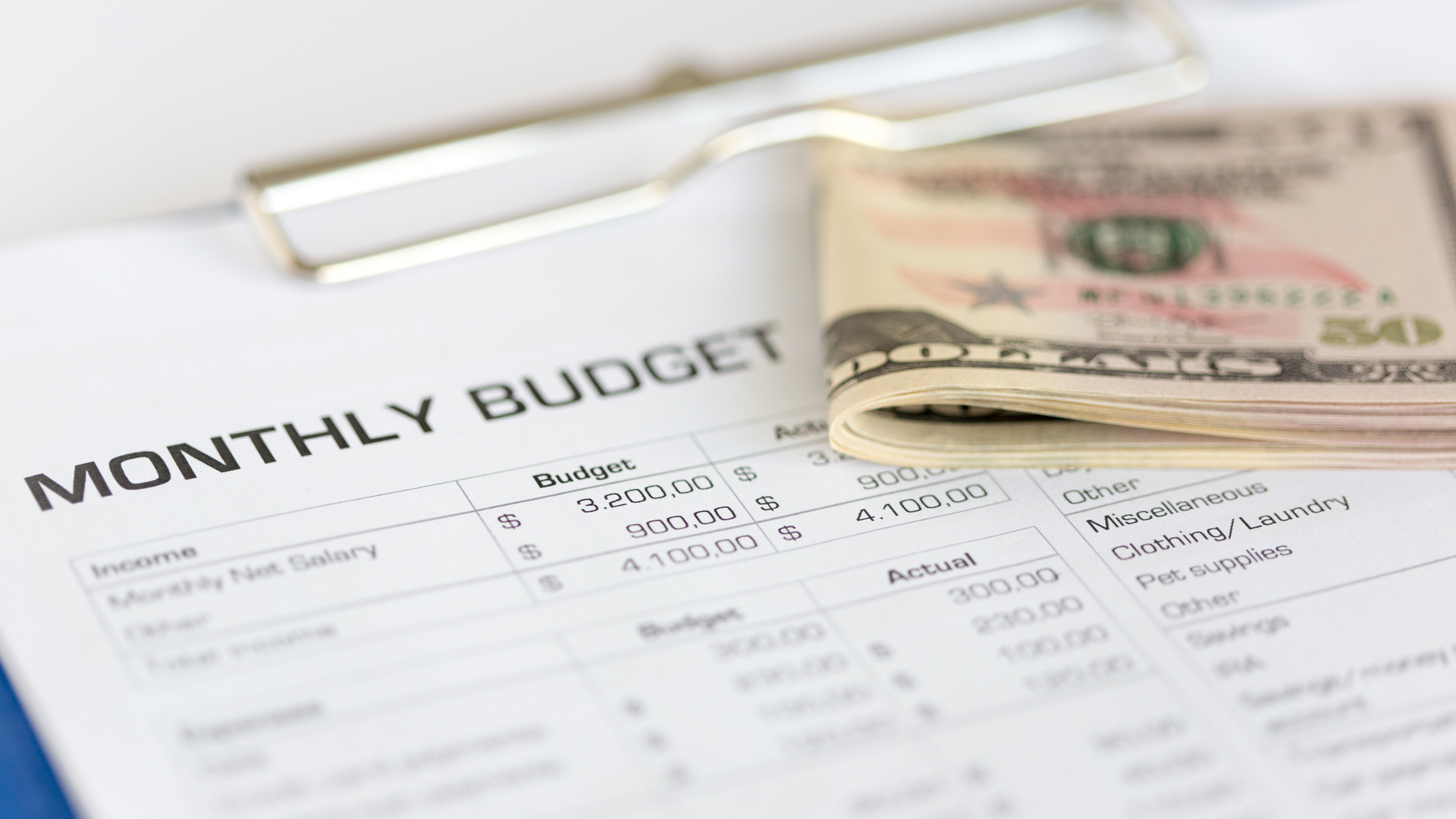Cutting Corners Without Feeling It: Everyday Savings Hacks

Saving money doesn't always mean making drastic lifestyle changes or sacrificing the things you enjoy. With a little creativity and resourcefulness, you can find simple yet effective ways to cut corners and trim expenses without feeling the pinch. In this article, we'll explore a variety of everyday savings hacks that can help you keep more money in your pocket without drastically altering your lifestyle.
- Meal Planning and Batch Cooking:
One of the most significant areas where people overspend is on food. By planning your meals ahead of time and batch cooking, you can save both time and money. Create a weekly meal plan, make a shopping list based on the ingredients you need, and cook in bulk to have leftovers for lunches or future meals. Not only does this reduce food waste, but it also eliminates the temptation to dine out impulsively. - Embrace DIY:
Do-it-yourself projects can save you a significant amount of money on various expenses. Whether it's home repairs, car maintenance, or crafting gifts, learning to do things yourself can help you avoid costly professional services. Thanks to online tutorials and instructional videos, you can acquire new skills and tackle projects with confidence.. - Cut Cable and Streaming Costs:
With the rise of streaming services, traditional cable TV subscriptions have become increasingly unnecessary and expensive. Evaluate your viewing habits and consider cutting the cord in favor of more affordable streaming options. Many streaming services offer a wide range of content at a fraction of the cost of cable subscriptions. Additionally, explore family or friend account sharing to split subscription costs further. - Shop Smart for Groceries:
Save money on groceries by being strategic with your shopping habits. Take advantage of sales, coupons, and loyalty programs offered by supermarkets. Consider buying generic or store-brand products instead of name brands, as they are often just as good but come at a lower price. Avoid shopping when you're hungry or without a list to prevent impulse purchases. - Reduce Utility Bills:
Lower your monthly utility bills by implementing energy-saving measures around your home. Switch to energy-efficient appliances, LED light bulbs, and programmable thermostats to reduce electricity consumption. Practice water-saving techniques, such as fixing leaks, taking shorter showers, and using water-saving fixtures. Additionally, unplug electronic devices when not in use to prevent phantom power consumption. - Utilize Cashback and Rewards Programs:
Take advantage of cashback and rewards programs offered by credit cards, banks, and online retailers. Many credit cards offer cashback rewards on purchases, while loyalty programs provide discounts and incentives for frequent shoppers. Use comparison websites to find the best deals and maximize your savings on everyday purchases. - Borrow Instead of Buying:
Before making a purchase, consider whether you can borrow the item from a friend or family member instead. Whether it's a tool for a home improvement project or a special occasion outfit, borrowing can save you money and reduce clutter in your home. Additionally, explore community resources such as libraries, tool libraries, and swap meets for access to items you need without the cost of ownership. - Automate Savings:
Make saving money effortless by automating your savings deposits. Set up automatic transfers from your checking account to a high-yield savings account or investment account each payday. By paying yourself first, you prioritize savings and ensure that money is set aside before you have a chance to spend it. - Reevaluate Subscriptions and Memberships:
Review your monthly subscriptions and memberships to identify any that you no longer use or need. Canceling unused subscriptions can free up extra money each month. Additionally, consider sharing subscriptions with family or friends to split the cost and maximize savings. - Practice Mindful Spending:
Cultivate a habit of mindful spending by asking yourself whether a purchase aligns with your values and priorities. Before making a purchase, pause and consider whether it brings you true satisfaction and adds value to your life. Avoid impulse buys and focus on spending money on experiences and items that contribute to your overall well-being.


